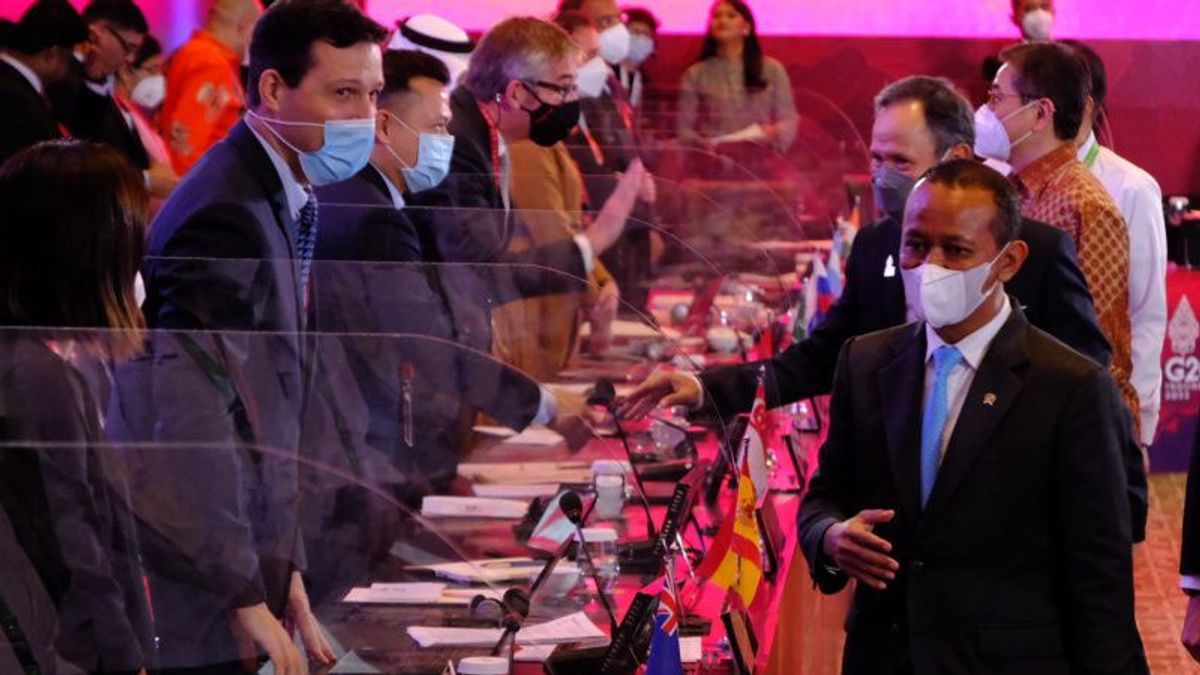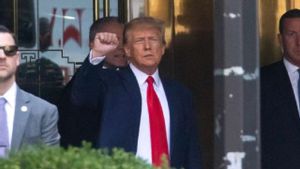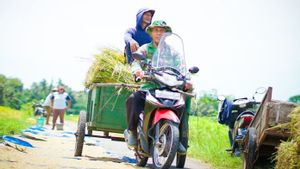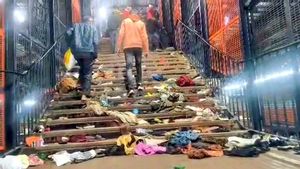JAKARTA - The Government of the Republic of Indonesia will immediately limit exports of a number of raw materials to ensure the maintenance of domestic downstreaming.
Investment Minister Bahlil Lahadalia at a meeting of Trade, Investment, and Industry said green energy, environmental sustainability, and community welfare were the goals of the policy.
"Indonesia in investing in the future in natural resource management, we carry out downstreaming in order to create added value," Bahlil said as quoted by Antara, Thursday, July 7.
He said the move was in line with President Joko Widodo's big vision of economic transformation.
According to him, one of the raw materials that will be limited in the near future is nickel.
"Regarding nickel, I think we have to fight for it, this year we will stop exports of raw bauxite," he said.
Although he has not confirmed when the export ban will be implemented considering that it is currently still in the process of being studied, he said that in accordance with the president's order, the policy will be carried out starting this year.
Furthermore, starting next year a similar step will also be applied to tin commodities.
He said the world's largest tin producer, namely China, while Indonesia took second place, but Indonesia became the largest exporter for these commodities.
"We have just done downstreaming of no more than 5 percent, how much we have lost," he said.
Therefore, downstreaming must be carried out because it has an impact on environmental sustainability.
"Otherwise, illegal mining will continue to occur, mining that cannot measure our production volume capacity. This is dangerous. So we manage, tightening in order to encourage the realization of an environmentally friendly industry," he said.
In addition, the government has also banned the export of electricity made from new and renewable energy (EBT) to the world.
"Indonesia is 2025, at least 24 percent of electricity uses EBT, we don't have enough exports. If people build an industry, build it in Indonesia. Not raw materials in Indonesia but development elsewhere. We want positive collaborations that are mutually beneficial to all countries and all entrepreneurs," he said.
The English, Chinese, Japanese, Arabic, and French versions are automatically generated by the AI. So there may still be inaccuracies in translating, please always see Indonesian as our main language. (system supported by DigitalSiber.id)









